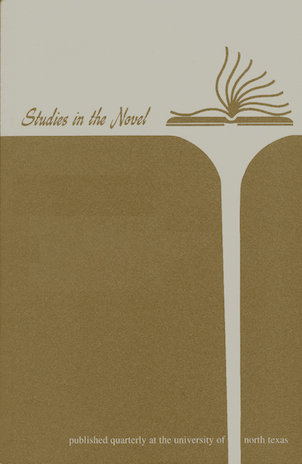Studies in the Novel, Fall 1996
From the introduction to Novel Gazing
Novel Gazing: Queer Readings in Fiction came together unprogrammatically. Invited by the journal Studies in the Novel to edit a special issue, I asked forty or so writers I admire whether they could find room on their agendas to write something that would, loosely speaking, convene the rubrics “novel” and “queer.” I felt more than fortunate in the response, when these startlingly imaginative essays started tumbling in at a rate that soon overfilled the journal — and didn’t slow down even then.
From the introduction to the special issue
One premise of the present collection is that a closer, more respectful attention to past and present queer reading practices – the kind of attention these essays, in their different ways, all embody – will show how the reservoir of practices already in use crucially exceeds the theorizations of a consensual hermeneutic of suspicion. Many of these essays are, rightly, incisive and unerring in their methodical suspicion; but what more unites them is a very different impulse and history, which would be badly misrecognized under the currently available rubrics.
CONTENTS
“Introduction: Queerer than Fiction” / Eve Kosofsky Sedgwick
“Pursuing Perfection: Dombey and Son, Female Homoerotic Desire, and the Sentimental Heroine” / Mary Armstrong
“Forged in Crisis: Queer Beginnings of Modern Masculinity in a Canonical French Novel” / James Creech
“Strange Brothers” / Jonathan Goldberg
“Strange Gourmet: Taste, Waste, Proust” / Joseph Litvak
“The Importance of Being Bored: The Dividends of Ennui in The Picture of Dorian Gray” / Jeff Nunokawa
“Tearing the Goat’s Flesh: Homosexuality, Abjection and the Production of a Late-Twentieth-Century Black Masculinity / Robert Reid-Pharr
“The Female World of Exorcism and Displacement (or, Relations Between Women in Henry James’s Nineteenth-Century The Portrait of a Lady) / Melissa Solomon
“‘Sinister Fruitiness’: Neuromancer, Internet Sexuality and the Turing Test” / Tyler Stevens
“Prophylactics and Brains: Beloved in the Cybernetic Age of Aids” / Kathryn Bond Stockton
